When an audit team is sent by an accredited certification body to assess the ISO 9001-compliant Quality Management System (QMS) of an organisation, the team is managed by a lead auditor.
This individual holds additional responsibilities compared to his or her teammates, including acting as a final judgement on non-conformances, delegating audit tasks and clarifying the statement of applicability.
The efficiency, knowledge base and expertise of a lead auditor are vital for the effectiveness of a certification audit. We understand that even though you may be excited to advance your career and become a lead auditor, you may be filled with queries.
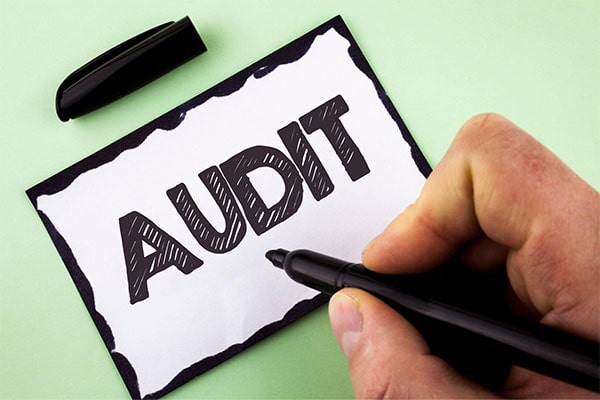
This article will help you navigate across the various obstacles that may present in front of you in your auditing career. We will discuss becoming a lead auditor and provide you with pertinent information about different ISO 9001 lead auditor training courses. stay with iso 9001 consultation and learn about ISO 9001 lead auditor.
How to become an ISO 9001 lead auditor?
Congratulations on deciding to become a lead auditor. Essentially, there are specific steps that you need to go through to become a lead auditor, which include ensuring that you have in-depth experience, attending ISO 9001 lead auditor training programmes and circulating your curriculum vitae to different certification bodies. if you want to learn more about iso 9001 certification, please read ISO 9001 certificate page.
Pre-existing and extensive experience: Without real-world experience in auditing, you will fail as an auditor. To become a lead auditor, you should gain experience in a job that allows you to interact with the Quality Management System (QMS) processes.
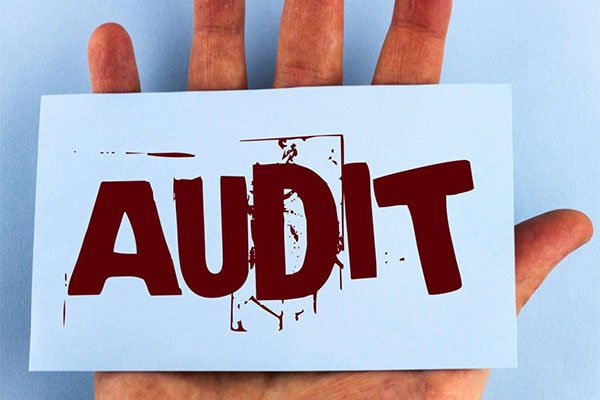
In an ideal situation, this job should help you understand how different processes interact and should include the possibility of performing internal audits. learn more how to conduct an internal audit iso 9001 in iso 9001 internal audit page.
Practically, you can begin your journey by requesting such a position in your current place of employment and seek permission to tag along in their Internal auditing processes.
This experience will help you differentiate between different implementation processes. You must understand how different processes operate if you plan to perform process audits, you will need pragmatic knowledge instead of written or theoretical skills.
Attend an ISO 9001 lead auditor training programme: Unfortunately, you do not just have to attend the sessions but have to clear the examination, which means that you have to attend the entire programme, which often lasts from 4 to 5 days. Many programmes will not allow you to sit for the written exam if you miss any of their days.
A certificate from a valid ISO 9001 lead auditor training programme is a mandatory prerequisite for being employed by a certification body.

Circulate your curriculum vitae: Once you have cleared the exams, you must select a certification body that requires auditors. However, a heads-up is that every certification body already has lead auditors, and you will most likely be asked to join them as a junior.
Additionally, every certification body will have its training programme, and initially, you will only be eligible to observe the audits. Only after you gain credible experience will you be allowed to lead a certification audit.
What does ISO 9001 lead auditor training contain?
As mentioned above, the majority of the lead auditor training programmes are scheduled for five days, wherein the first two days, every clause of the ISO 9001:2015 standard is explained.
In the next two days, different auditing techniques will be taught, including planning, preparation, conduction, opening meeting, keeping up with the audit trail, closing meeting, recording nonconformances, reporting and follow-ups. Certain institutions include role-playing to give the participants a mock experience
of real-world settings. At the end of the five days, you will be asked to write an exam to help you summarise your knowledge about auditing techniques and the ISO 9001 standard.
The contents of this examination may vary from provider to provider, but the focus will include practicals. questions such as writing corrective action requests or highlighting a nonconformance from gathered data.
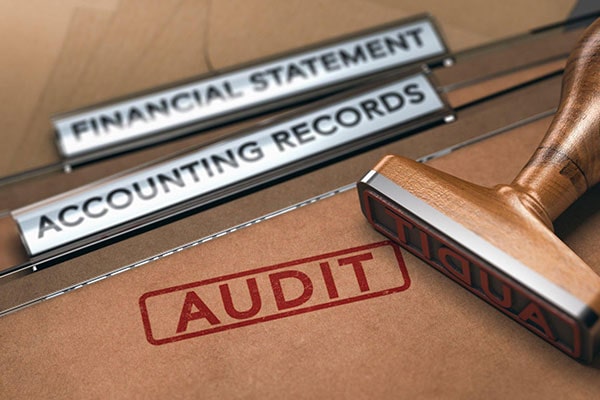
Why should you consider becoming a lead auditor?
Becoming a lead auditor can undoubtedly advance your career. Even if you do not continue with a certification body, having the skillset and knowledge from an ISO 9001 lead auditor training
programme can help you climb the organisational hierarchy in your company. When you present this certificate to the team manager, you may be allowed to lead the internal auditing team in your organisation.
However, if your goal of becoming a lead auditor is the salary, you may be disappointed. Yes, a well-reputed and experienced ISO 9001 lead auditor earns well; however, to get to that position, you may have to wait a few years. Y
our auditing journey will undoubtedly begin as a junior, where you will only be eligible to observe audits and write what the lead auditor dictates to you. However, don’t get disheartened; if you are passionate about quality management and auditing, your reputation will precede you.
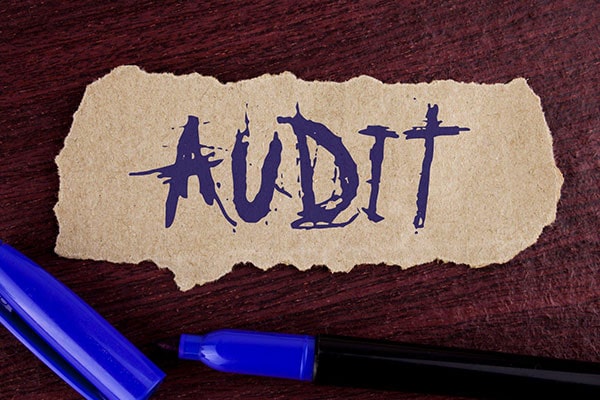
Conclusion
An ISO 9001 lead auditor is the head of the auditing team that investigates the effectiveness of an organisation’s QMS. This individual holds additional responsibilities such as assigning tasks, passing judgement on non-conformances and determining the organisation’s performance.
To become a lead auditor, you must first gain experience in auditing, undergo training in an ISO 9001 lead auditor training programme, and then select a certification body.

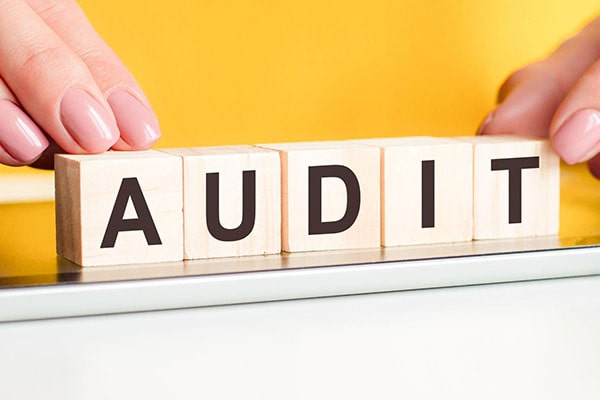
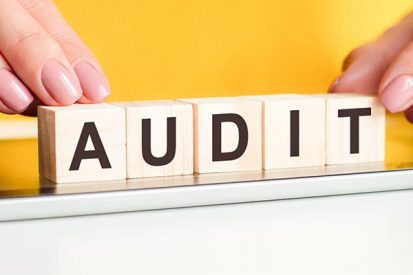












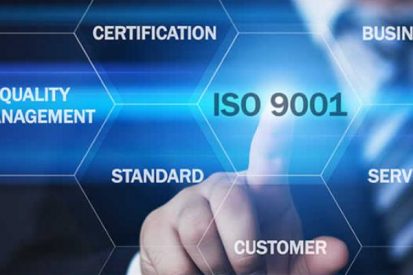


Users Comments
Get a
Quote